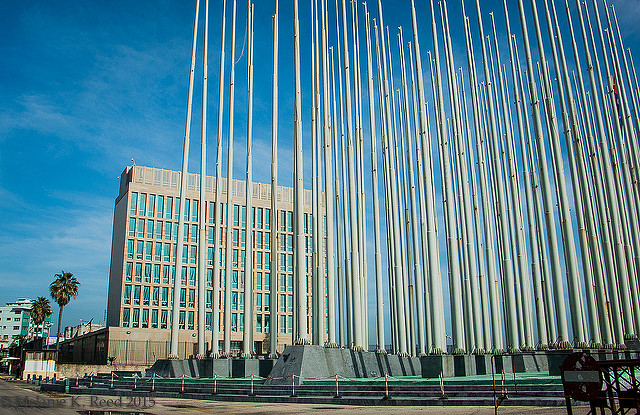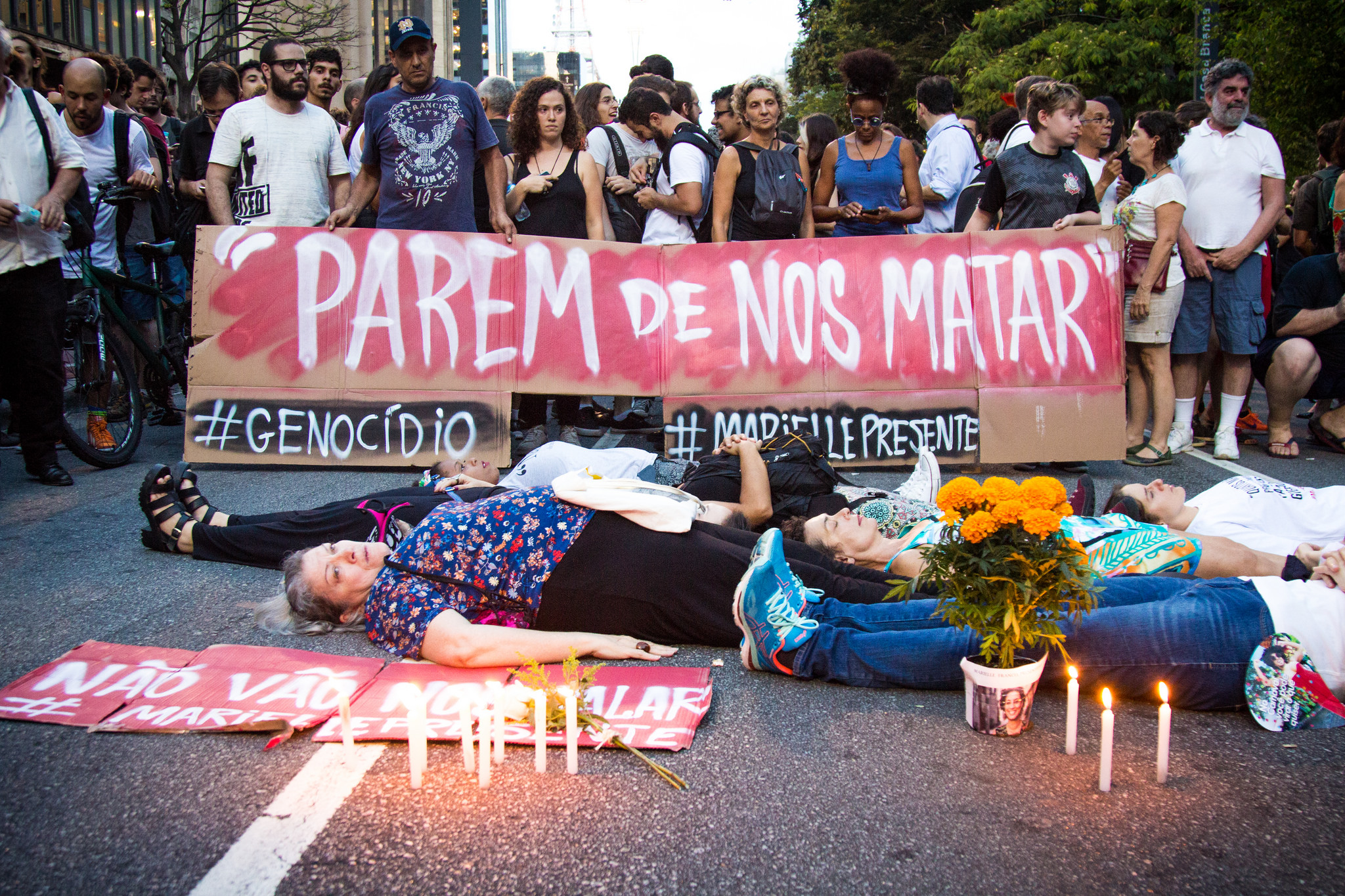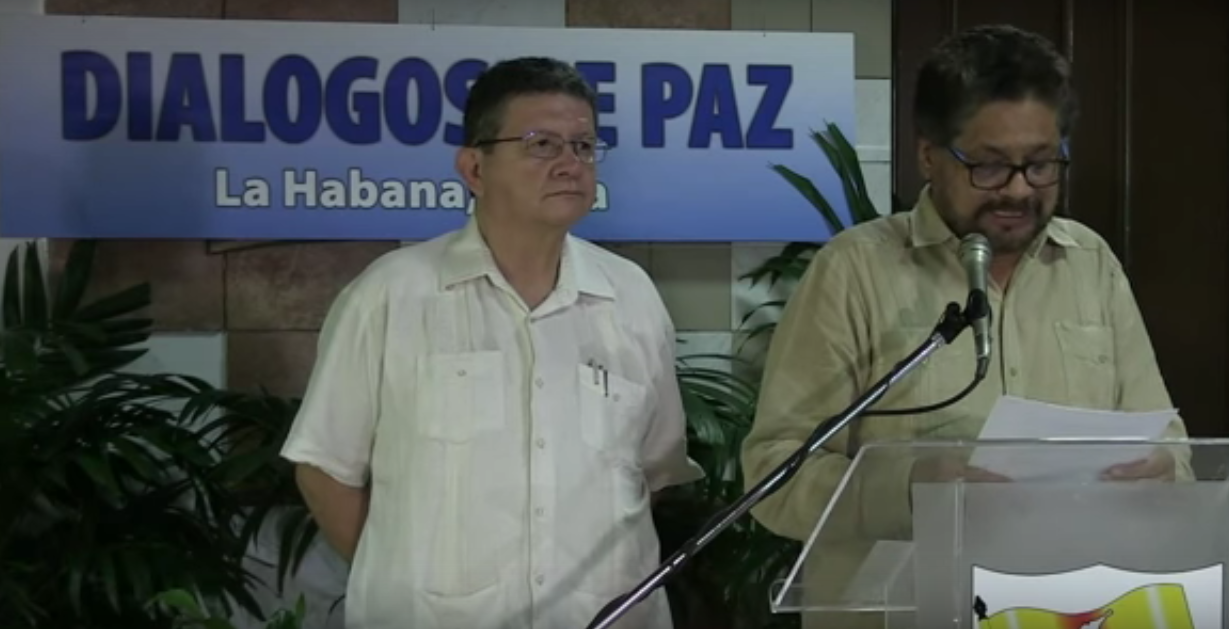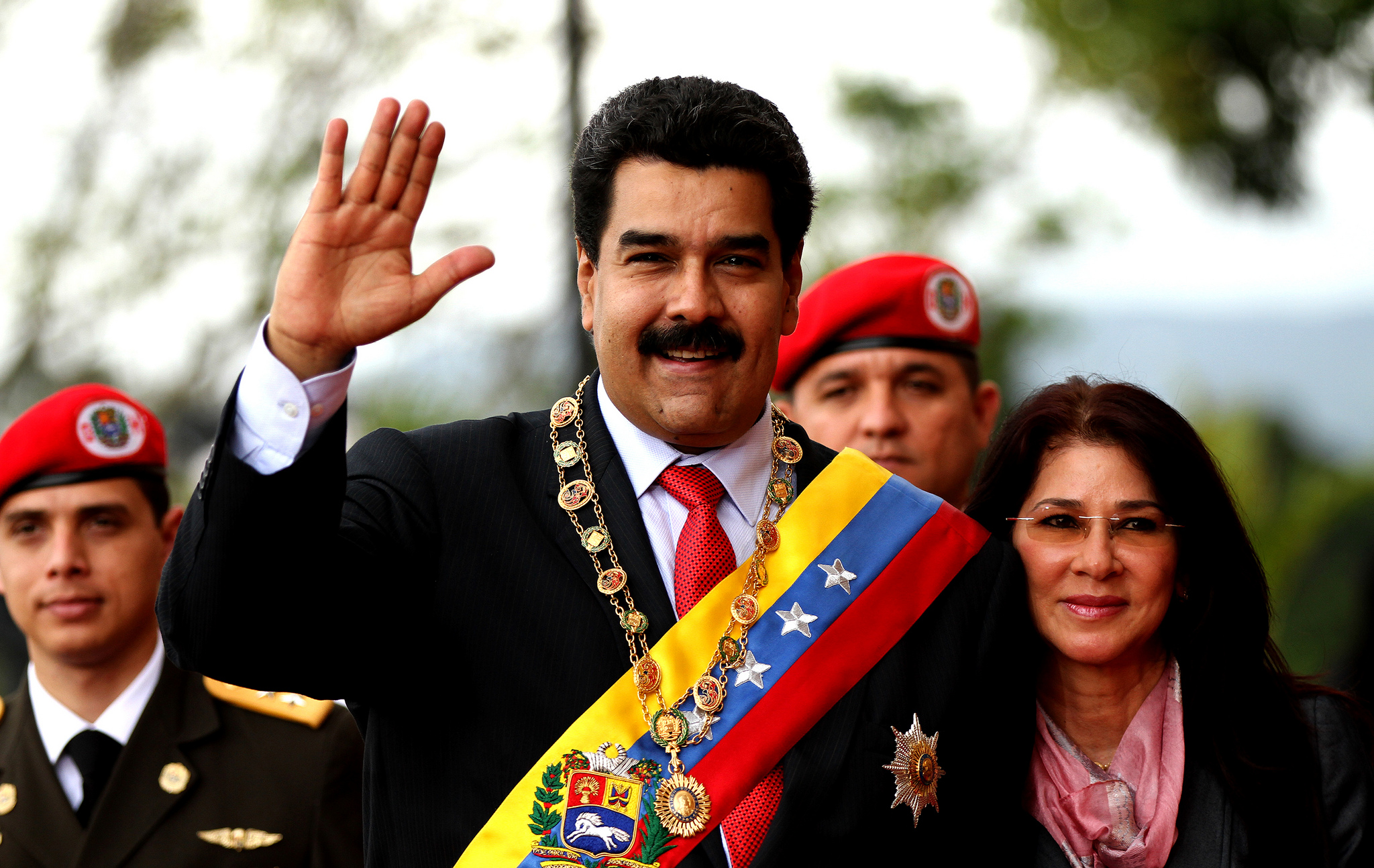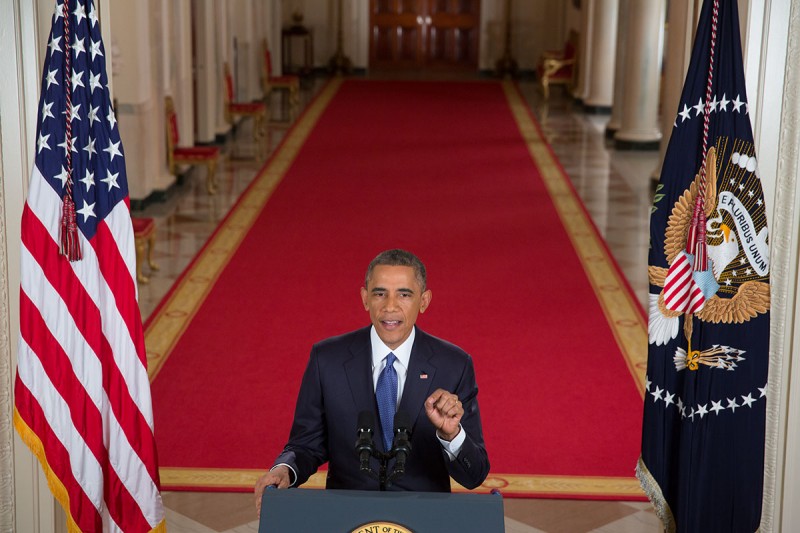
Latin America: Week in Review, United States
Obama Sets Stage For Supreme Court Battle on Immigration
November 11, 2015 By Staff
Top Story — On Tuesday, the administration of U.S. President Barack Obama announced it will appeal a Monday ruling made by a federal appeals court that jeopardized the administration’s plan to forestall the deportation of some 5 million people.
The appeal sets the stage for a potential summer Supreme Court hearing on the controversial immigration plans, the New York Times reported.
The U.S. Court of Appeals of the Fifth Circuit upheld a lower court’s ruling by a two-to-one split in the case Texas v. United States, which resulted from a lawsuit by 26 states who argued that the administration’s order would effectively rewrite U.S. immigration policy without passing legislation and would place an unfair financial burden on states by requiring them to issue driver’s licenses to undocumented immigrants.
The two programs, Deferred Action for Parents of Americans and Deferred Action for Childhood Arrivals, would expand legal work rights for the parents of undocumented children as well as for undocumented immigrants who entered the country illegally as children.
The administration claims the programs are within the executive branch’s discretionary power and would allow the Department of Homeland Security to focus on deporting criminal offenders rather than law-abiding groups with strong ties to the United States.
A successful appeal to the Supreme Court would provide DHS with a few months to register people under the programs before a new president takes office in 2017.
While the executive orders have come under fire from conservatives, the programs were met with relief by immigration advocates who welcomed the change in enforcement policy by an administration who had previously deported the highest number of immigrants in the country’s history.
Headlines from the Western Hemisphere
North America
- U.S. diplomat Roberta Jacobson was tentatively approved as the next ambassador to Mexico after a dispute in the Senate Foreign Relations Committee centered around her support for the restoration of diplomatic relations between the United States and Cuba, a controversial topic among the rest of the Senate, now responsible for confirming her approval.
- A Mexican senator on Tuesday introduced a bill aimed at allowing the importation of marijuana for medicinal purposes, a measure unrelated to the Supreme Court ruling last week that may open the door for domestic production of the drug.
- Prosecutors in Mexico announced the arrest of a businessman for allegedly funding and helping to orchestrate the escape from prison in July of Sinaloa cartel leader Joaquín “El Chapo” Guzmán.
Caribbean
- Regular flights between the United States and Cuba may be available by the end of the year, a Cuban diplomat said Tuesday.
Central America
- A U.N. indigenous rights official said Tuesday that Indian groups along the Caribbean coast of Honduras risk displacement due to land grabs by drug traffickers and agricultural developers, a situation that Miskito and other indigenous groups claim requires government intervention.
- Former U.S. President Bill Clinton visited Central America’s largest wind farm in western Panama Tuesday as part of Clinton Global Initiative tour through the region to support efforts to mitigate climate change’s impacts in developing countries.
- Members of the U.N.-backed CICIG anti-corruption body endorsed a new tax in Guatemala Tuesday that would fund prosecutors’ offices in an effort to reverse the trend in which 95 percent of crimes go unpunished.
Andes
- The head of the Organization of American States rebuked Venezuela’s government on Tuesday for jailing opposition figures and denying opposition candidates a fair amount of airtime prior to mid-term elections on Dec. 6, a contest in which the ruling socialist party is currently expected to lose control of the legislature.
- U.S. federal courts sentenced Colombian FARC member Diego Alfonso Navarrete Beltrán to 27 years in prison on Tuesday for the 2003 kidnapping of three U.S. military contractors, who after testifying at the sentencing expressed concern that ongoing peace talks in Havana could delay the extradition of other FARC leaders.
- The FARC leader known as Timochenko said in a tweet to Colombian President Juan Manuel Santos that he ordered the group to stop buying guns and ammunition on Sept. 30, a move he said demonstrates their commitment to the talks.
Southern Cone
- Brazilian lawmakers called for stricter regulations on mining Tuesday following a claim by a Minas Gerais state prosecutor that the deadly collapse of two mining dams there was the result of human error. The same prosecutor warned in 2013 that the mine, owned by domestic mining giant Vale and the British-Australian firm BHP and operated by local firm Samarco, was not safe.
- Argentine presidential candidate Mauricio Macri, who has lead recent polls, fleshed out his economic policy platform Tuesday, emphasizing the phased removal on controls of the peso, an approach contrasting with the so-called “21st century socialism” he also spoke out against on the same day.
- Argentina’s Supreme Court ruled on Tuesday that some details of a drilling deal between the American oil firm Chevron and the state-run YPF must be made public, a victory for critics of the project who have claimed claimed secret clauses in the contract are too generous to Chevron.

